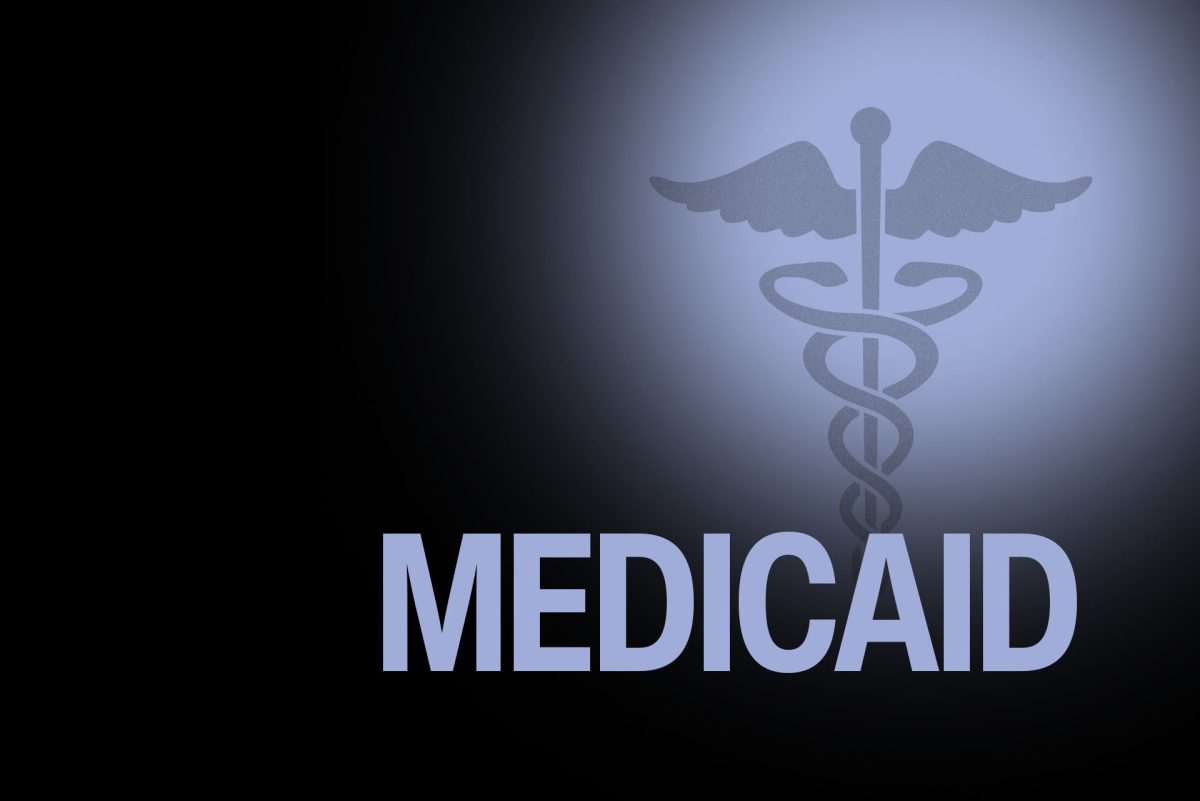The United State government’s decision to impose spending cuts, specifically targeting healthcare programs like Medicare and Medicaid, has sparked major concerns for millions of Americans. In a country where healthcare is already costly, it is inhumane even to consider cutting a program that is specifically designed to support people who are struggling physically or financially.
More than 70 million Americans rely on Medicaid for access to healthcare and financial protection in a system plagued by unequal access and a lack of affordability. Cutting funding for Medicaid would leave millions of people with no viable access to healthcare, adding to an already increasingly dire public health crisis.
According to an article from Partners In Health, Medicaid is a health insurance program that provides coverage to approximately one in five Americans. This includes low-income adults, working families, children, vulnerable seniors and people with disabilities–people who, due to their situation, cannot afford healthcare on their own.
The fallout from these budget cuts would be detrimental. Aside from the 36.8 million children, 7.2 million senior citizens, 8.4 million adults with disabilities and 13.9 million people with mental illness or substance use disorders, funding cuts on Medicaid would impact those who do not rely on it as well. Medicaid is the largest source of federal funding for states, keeping hospitals, clinics, and community health centers afloat. Cutting Medicaid would strain state budgets, disrupt local economies and communities, reducing access to healthcare for everyone, not just those enrolled in the program.
Additionally, these cuts on Medicaid would quickly defund Community Health Workers (CHWs), who provide crucial services as trusted front-line public health workers, bridging the gap between communities and healthcare systems by offering culturally appropriate health education, advocacy and access to resources. The cuts would also add to the pre-existing prejudices and unequal opportunities disproportionately affecting minorities who are looking to receive healthcare, specifically people of color and the LGBTQ+ community.
A country willing to cut essential healthcare funding is not a country that truly cares about its citizens–it’s one that prioritizes profits. The consistent reality in America is that wealth is determinative of worth, and cutting Medicaid only further reinforces this cruel precedent. No one should have to be a millionaire to afford basic medical care, yet these budget cuts suggest that, for America, morality takes a backseat when it comes time to make budget cuts.








Lu Shi • Mar 27, 2025 at 12:13 pm
Typically, legislators in Capitol Hill who are enthusiastic about cutting Medicaid will disguise the cut better: they often throw in “work requirements” (i.e., the Medicaid enrollee needs to show evidence that s/he is working, attending schools or volunteering. Otherwise they get thrown out). The procedures might make sense on the paper, yet on the ground they effectively throw a lot of people out of Medicaid simply because people are too busy working to do the cumbersome paperwork of “documenting work requirement”.